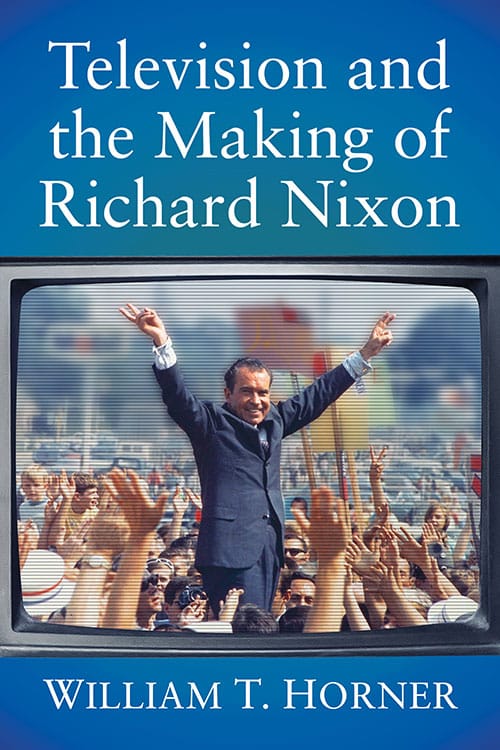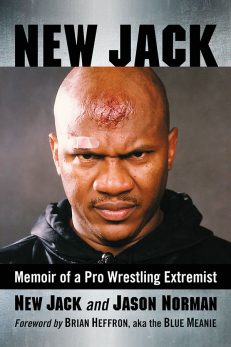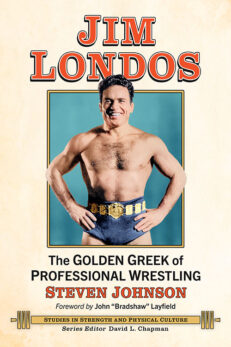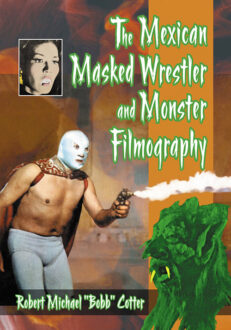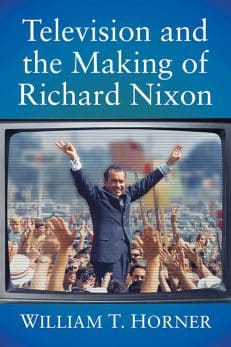Television and the Making of Richard Nixon
Original price was: $39.95.$31.99Current price is: $31.99.
In stock
About the Book
While Richard Nixon’s accomplishments and shortcomings are well-documented, one often ignored aspect of his career is his influence on the media conduct of politicians. Nixon pioneered the use of visual media in politics, beginning in the 1940s during his Congressional service. His historic “Checkers” speech was the first of its kind: a politician using television to save his political career. His appearances on entertainment television, which are now a normal feature of most national political campaigns, broke new ground as well. This book details the blueprint Nixon set for using television to achieve political goals. Presidents have often used innovative media as strategic methods of communication and public relations. The author argues that Nixon pioneered television media, using it consistently to connect with the American public.
About the Author(s)
Bibliographic Details
William T. Horner
Format: softcover (6 x 9)
Pages: 258
Bibliographic Info: 12 photos, notes, bibliography, index
Copyright Date: 2022
pISBN: 978-1-4766-8663-9
eISBN: 978-1-4766-4663-3
Imprint: McFarland
Table of Contents
Acknowledgments vi
Preface 1
Introduction 3
Part I: Lessons Learned
One. Innovation in Political Communication in the Visual Age 7
Two. Writing a Book and the First Lesson 18
Three. The Second and Third Lessons: Checkers and the Crisis Within the Crisis of Eisenhower’s Heart Attack 25
Four. Nixon’s South American Adventure 49
Five. Nixon Makes a Crisis Out of His Visit to the Soviet Union in 1959 59
Six. Campaign ’60 as a “Crisis,” Part One 65
Seven. Campaign ’60 as a “Crisis,” Part Two 77
Eight. A Seventh “Crisis” and More Lessons about the News Media: Running for Governor in California in 1962 and the Debut of Nixon’s Manifesto 86
Nine. Lessons Nixon Learned from LBJ 96
Part II: The Lessons Applied
Ten. The “Wilderness” Years Were Not the “Non-Media” Years 105
Eleven. The Man for All Media 114
Twelve. Nixon as a Television Guest with a Vengeance 123
Thirteen. The Primary Battle and the Road to Miami 144
Fourteen. Campaign ’68: The Nixon Answer 171
Fifteen. Laughing-in to the White House: Comedy and the Nixon Campaign 180
Sixteen. Working the Refs 194
Conclusion 219
Chapter Notes 223
Bibliography 237
Index 247
Book Reviews & Awards
• “Engaging reevaluation of Richard Nixon’s adversarial relationship with the mainstream media…a crisp narrative that relates Nixon’s high and low moments as a practicing politician…recommended”—Choice
• “…a valuable scholarly contribution to the field of media studies and American politics [that] successfully documents Richard Nixon’s attempt to ‘control’ what he considered a biased and hostile news media.”—Joseph F. Dmohowski, Serials & Special Collections Librarian, Whittier College


